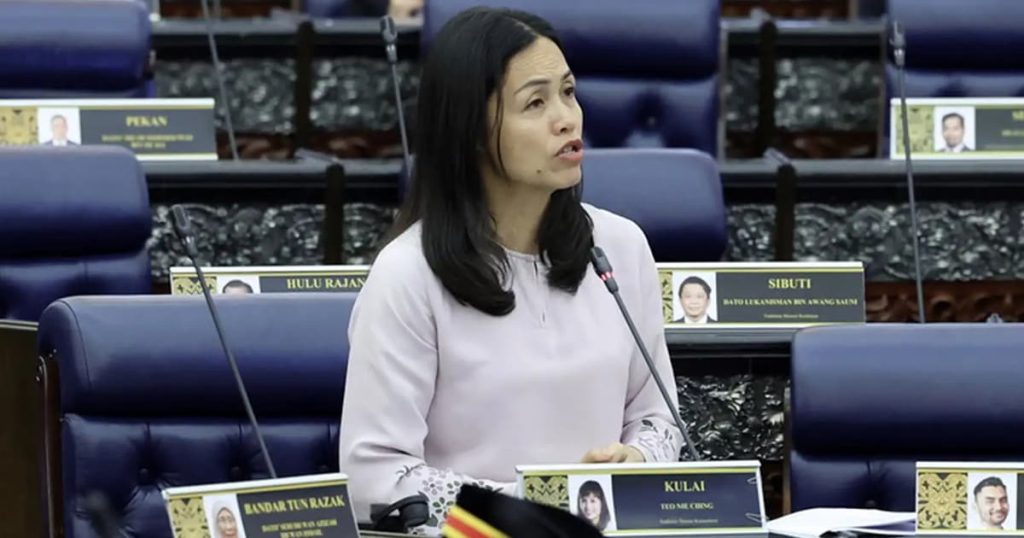Listen to the article
Malaysia Removes Over 2,300 Deepfakes, 46,000 False Posts Since 2022
The Malaysian Communications and Multimedia Commission (MCMC) has successfully removed 2,354 deepfake items and nearly 47,000 pieces of false content from social media platforms over the past two and a half years, according to Deputy Communications Minister Teo Nie Ching.
Speaking during Question Time in Parliament today, Teo revealed that since January 2022, the commission submitted 3,074 removal requests for deepfake content to service providers, achieving a 77% success rate. Additionally, authorities requested the removal of 55,218 fake posts during the same period, with 46,966 items (85%) successfully taken down.
“These takedown actions were carried out based on complaints received, and the community guidelines set by each platform, in accordance with local laws,” Teo explained to lawmakers.
The deputy minister was responding to a question from Suhaili Abdul Rahman, the Perikatan Nasional representative for Labuan, who expressed concerns about the potential misuse of artificial intelligence technology and its capability to foment public unrest and interracial tensions in Malaysia’s multiethnic society.
Malaysia has been increasingly vigilant about digital misinformation, particularly as AI-generated content becomes more sophisticated and difficult to detect. The country’s diverse population makes it particularly vulnerable to divisive content that could exacerbate existing ethnic or religious sensitivities.
To strengthen the government’s position in combating harmful online content, Teo highlighted that Malaysia enacted the Online Safety Act 2025 (Act 866) earlier this year. The legislation aims to enhance and promote online safety, regulate harmful content, and clearly define the responsibilities of digital service providers operating in the country.
“The government is actively collaborating with social media platforms and enforcement agencies to curb the spread of false information, including AI-generated content,” she told Parliament.
The MCMC is currently developing additional regulatory instruments under Act 866, including specific regulations and codes focused on online risk management. These measures reflect growing concerns globally about the impact of deepfakes and synthetic media, which use artificial intelligence to create convincing but fabricated images, videos, or audio recordings that can spread misinformation rapidly.
In a move to ensure accountability in the digital space, Teo announced that service providers will soon be required to prepare comprehensive online safety plans detailing how they will comply with Act 866’s provisions.
“To ensure transparency and accountability of service providers in fulfilling their online safety obligations, they will be required to prepare an online safety plan detailing their compliance with Act 866,” she explained.
This regulatory approach mirrors similar efforts in other countries, where governments are increasingly holding tech platforms responsible for moderating harmful content on their services rather than focusing solely on individual creators or sharers of misinformation.
The MCMC’s content removal statistics demonstrate both the scale of Malaysia’s misinformation problem and the government’s commitment to addressing it. However, as AI technology continues to evolve, the challenge of identifying and removing sophisticated deepfakes will likely require increasingly advanced detection methods and stronger cooperation between government agencies and technology platforms.
Fact Checker
Verify the accuracy of this article using The Disinformation Commission analysis and real-time sources.



